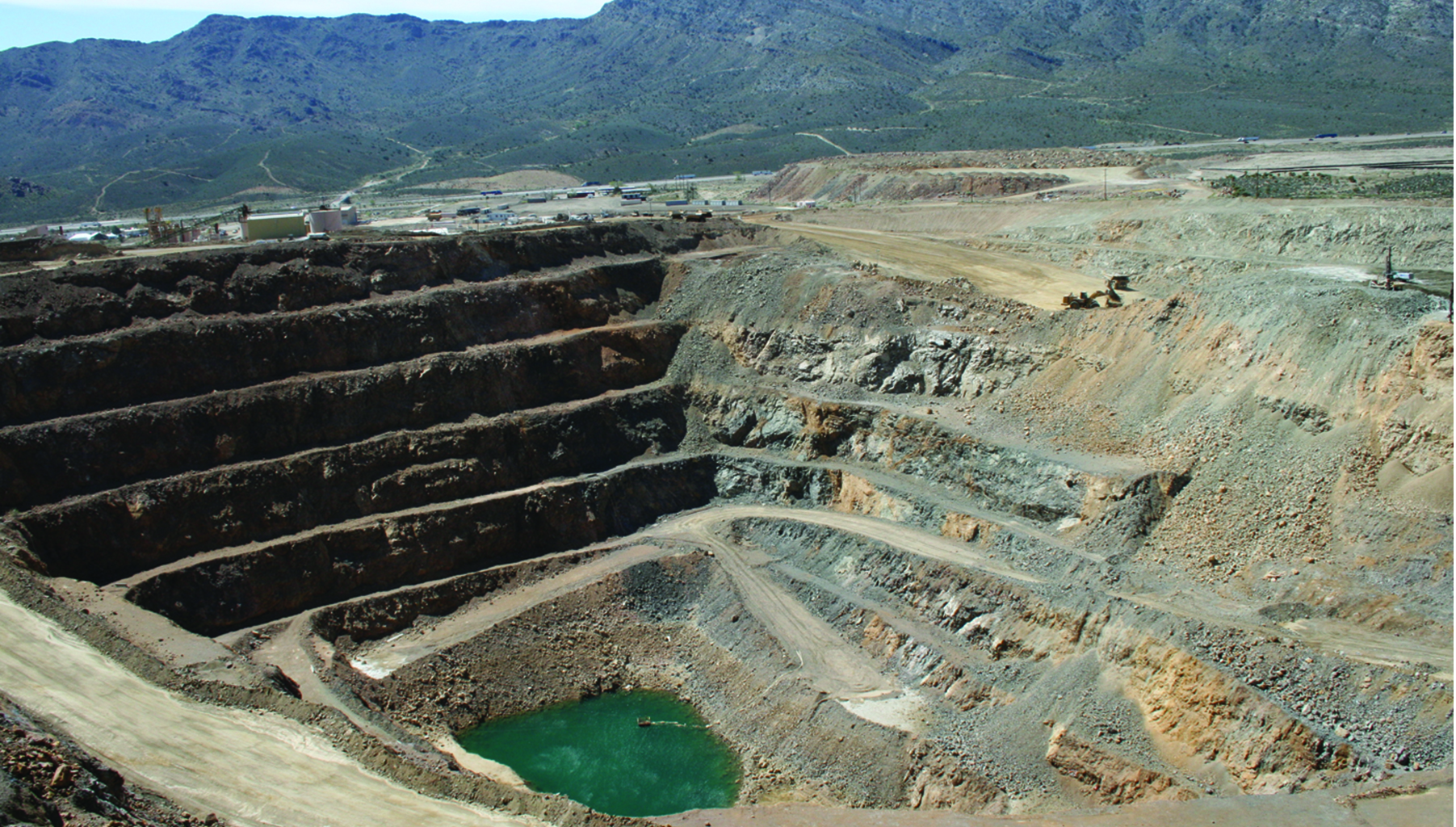September 19, 2019

The United States Senate’s Energy and Natural Resources Committee met on Sep. 17 to discuss the issue of critical minerals and came away from the meeting with the conclusion that the United States is falling behind in the race to extract and refine critical minerals. The bipartisan group of Senators said the United States should do more to spur domestic production.
China has long dominated the rare earths market and with the rise in demand for the minerals that power everything from smart phones to electric cars and military technology, the Senators fear the United States is facing a strategic threat,
“China is consolidating control of the entire supply chain for clean technologies,” Senator Lisa Murkowski, the Alaskan Republican who is the chair of the Senate’s Energy and Natural Resources Committee, said. “The United States is falling behind … and allowing that to happening is a strategic mistake.”
Murkowski introduced The American Minerals Security Act in May and since has led the push to secure the supply of critical minerals such as lithium, graphite, cobalt and nickel and reduce the U.S. reliance on foreign sources.
“Minerals and metals are central to the energy transition,” Morgan Bazilian director of the Payne Institute for Public Policy at the Colorado School of Mines testified at the hearing. ”But the economic, security and geostrategic implications are all in play, depending how the U.S. policy responds.”
Senators also said they preferred mining be done domestically given U.S. environmental laws, rather than in places with lower standards such as the Democratic Republic of the Congo.
“Let me be clear: I support mining, but I believe we need to be doing it responsibly,” said Senator Joe Manchin, a West Virginia Democrat.
“The future energy system will be far more mineral- and metal-intensive than it is today,” Brazilian told the Senate committee. “Many of these advanced technologies require minerals and metals with particular properties that have few to no current substitutes.”
Reuters reported that the two-hour hearing did not review any legislation, though several committee members have introduced bills to streamline mine permitting.
President Donald Trump in 2017 signed an executive order requiring a study of strategic minerals and in June the Trump administration released “A Federal Strategy to Ensure a Reliable Supply of Critical Minerals,” that directs the U.S. Department of the Interior to locate domestic supplies of critical minerals, ensure access to information necessary for the study and production of minerals, and expedite permitting for minerals projects.
A leading legislative proposal in Congress to encourage more U.S. development of rare earth minerals is the American Mineral and Security Act, S. 1317.
It would require the Interior Department to maintain a list of minerals critical to U.S. economic prosperity and national security. Regulatory agencies also would be charged with improving processes to find, develop and use the minerals for industry.
Photo: The Mountain Pass Mine, Mining Engineering archives, 2011.
Source : me.smenet.org
